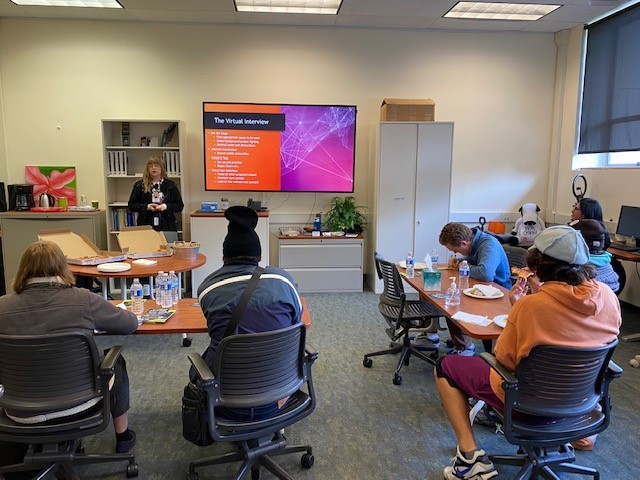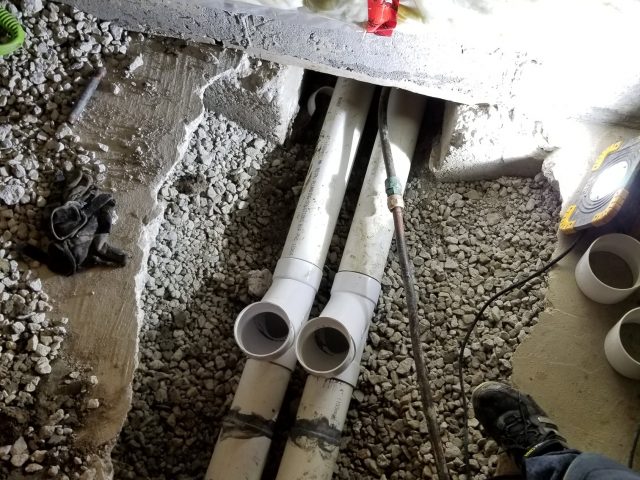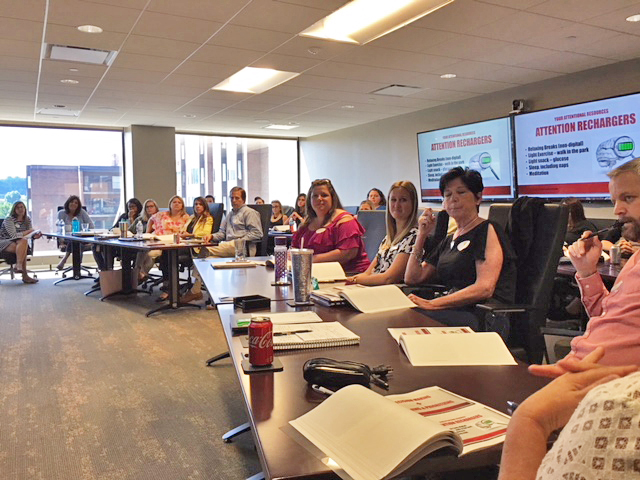In today’s competitive job market, the old adage, “It’s not what you know, but who you know,” holds truer than ever. Networking has become an invaluable tool for career growth and development. From securing job opportunities to gaining insights and mentorship, effective networking can significantly impact your professional trajectory. In this article, we’ll delve into the importance of networking in your career, offering insights, tips, and strategies to help you build bridges to success.
Why Networking Matters
Networking is more than just exchanging business cards or connecting on LinkedIn. It’s about fostering genuine relationships with people in your industry, which can open doors to opportunities you might never have encountered otherwise. Here are some compelling reasons why networking matters:
- Job Opportunities: Many job openings are never advertised publicly, as they are filled through referrals or recommendations. By having a robust professional network, you increase your chances of learning about these hidden opportunities.
- Knowledge Sharing: Networking allows you to tap into the collective wisdom of your peers. You can learn from their experiences, gain insights into industry trends, and stay updated on the latest developments.
- Mentorship: Building relationships with more experienced professionals can lead to valuable mentorship. A mentor can provide guidance, share their knowledge, and help you navigate your career path effectively.
- Enhanced Visibility: Effective networking can help you become more visible in your industry. The more people who know about you and your skills, the more likely you are to be top-of-mind when opportunities arise.
- Personal Growth: Networking isn’t just about career advancement; it can also aid personal development. Interacting with a diverse group of individuals can help you broaden your horizons and develop essential soft skills.
Networking Strategies for Career Success
Now that we understand why networking is important, let’s explore some strategies to help you maximize its benefits:
1. Identify Your Goals
Before you start networking, define your objectives. Are you looking for a new job, seeking mentorship, or simply expanding your knowledge? Knowing your goals will help you tailor your networking efforts effectively.
2. Attend Industry Events
Industry conferences, seminars, and workshops are excellent opportunities to meet professionals in your field. Make an effort to attend these events and engage in meaningful conversations.
3. Utilize Social Media
Platforms like LinkedIn, Twitter, and even Facebook can be powerful tools for networking. Join relevant groups, participate in discussions, and connect with industry experts online.
4. Leverage Existing Relationships
Start by reaching out to your current professional connections. Your colleagues, friends, or acquaintances might have valuable contacts they can introduce you to.
5. Offer Help and Value
Networking is a two-way street. Don’t approach it with a “what’s in it for me” attitude. Instead, focus on how you can help others. Offer your expertise, share resources, and provide value to your network.
6. Follow Up
After meeting someone at an event or connecting online, it’s crucial to follow up. Send a thank-you email, invite them for a coffee chat, or engage with their content. Consistent follow-up shows your genuine interest.
7. Be Authentic
Authenticity is key in networking. People prefer to connect with genuine individuals, so be yourself and build relationships based on trust and respect.

Success Stories
To further emphasize the significance of networking in your career, here are a few success stories from professionals who have benefited from effective networking:
John’s Journey
John, a recent college graduate, had trouble finding a job in his desired field. However, after attending a local industry meetup, he met a seasoned professional who recommended him for a job that wasn’t advertised. Networking turned his career around.
Sarah’s Mentorship
Sarah was struggling to make decisions about her career path. She reached out to a senior executive in her company through an internal networking event. This connection led to a valuable mentorship that helped her advance her career.
Mike’s Industry Insights
Mike, an established entrepreneur, attributes much of his success to his network. He regularly attends industry conferences, where he learns about upcoming trends, finds new partners, and even secures funding for his ventures. For additional tips and information about the importance of networking in your career, click to read and learn more.
In Conclusion
In the fast-paced and highly competitive professional world, networking is no longer an option; it’s a necessity. The importance of networking in your career cannot be overstated. Building and nurturing relationships within your industry can lead to a world of opportunities, personal growth, and success.





